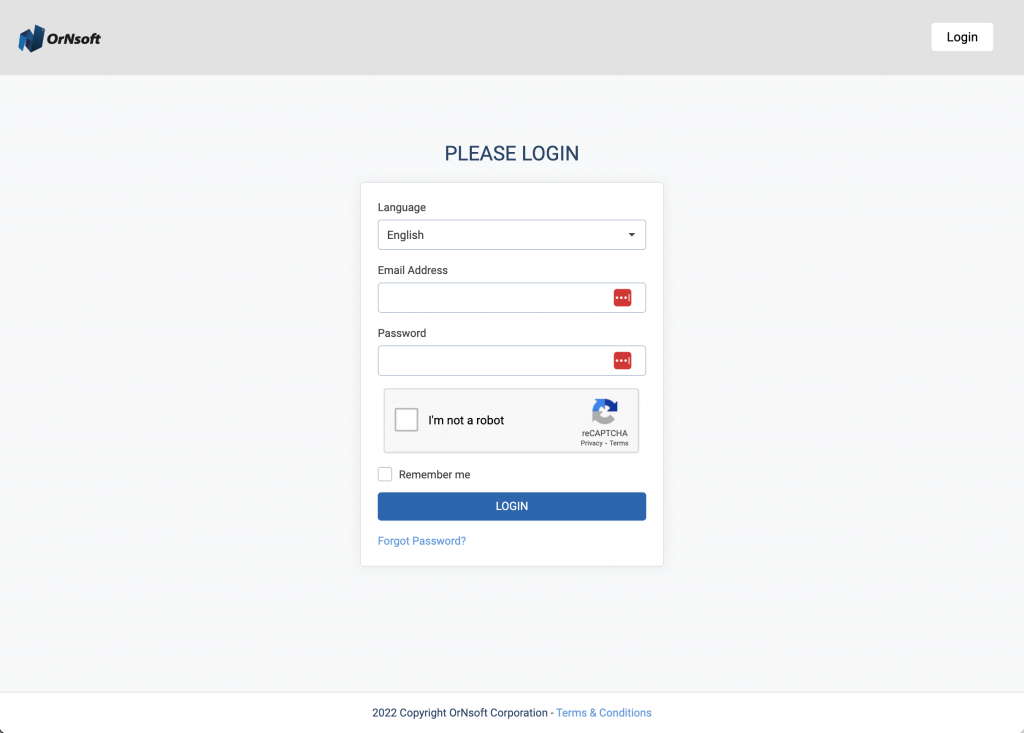Introduction
In the rapidly evolving digital world, technology has become an essential tool in streamlining operations and enhancing customer experiences. One such technology that has taken the world by storm is chatbots. These AI-powered tools have revolutionized the way businesses interact with their customers, providing a personalized, efficient, and interactive communication channel. In this article, we delve into the world of chatbots, their history, importance, practical applications, their role in modern enterprises, and their future outlook.
What Is "Chatbots"?
Chatbots, also known as conversational agents, are artificial intelligence (AI) software designed to simulate human-like conversations with users in natural language. They can interact with people through messaging applications, websites, social media platforms, or mobile apps. These bots are often used in customer service environments, marketing strategies, or even for internal processes. They can be driven by a set of predefined rules or more advanced machine learning technologies.
History of "Chatbots"
The concept of chatbots dates back to the 1960s with the creation of ELIZA, a computer program developed at MIT that could mimic human conversation by matching user prompts to scripted responses. However, the term "chatbot" was first coined in the 1990s, with the advent of more sophisticated programs like A.L.I.C.E. Today, with the evolution of AI and machine learning, chatbots have become more intelligent, capable of understanding complex requests, personalizing responses, and improving interactions over time.
Importance of "Chatbots"
In today’s tech-savvy era, chatbots have become an integral part of the digital landscape. They offer businesses a cost-effective way to provide 24/7 customer service, handle multiple requests simultaneously, and reduce response times. Moreover, they can analyze customer data to gain insights into user behavior and preferences, helping businesses improve their services and create personalized customer experiences. With AI development, chatbots are becoming increasingly sophisticated, capable of handling complex tasks and providing more human-like interactions.
Practical Applications
Chatbots have a wide range of practical applications across various industries. In retail, they can assist with online shopping, providing product recommendations based on user preferences. In healthcare, they can schedule appointments, remind patients to take their medications, and provide health-related information. In banking, they can handle transactions, provide account information, and answer customer queries. Even in the hospitality industry, chatbots can book reservations, provide travel information, and offer personalized recommendations.
The Role of ‘Chatbots’ in Modern Enterprises
Modern enterprises are increasingly adopting chatbots to streamline operations and enhance customer experiences. They are used for automating tasks, such as ordering supplies, scheduling meetings, or answering frequently asked questions, freeing up employees to focus on more complex tasks. Moreover, they provide a personalized, interactive way to engage with customers, improving customer satisfaction and loyalty. With their ability to analyze data, they also provide valuable insights, helping businesses make informed decisions and drive growth.
Case Study
A great example of successful chatbot implementation is the CEErtia software solution provided by OrNsoft. CEErtia uses a chatbot to automate customer interactions, handling queries and providing information quickly and efficiently. This has resulted in improved customer satisfaction, reduced operational costs, and increased efficiency.
Future Outlook
The future of chatbots looks promising, with advancements in AI and machine learning leading to more sophisticated and intelligent bots. They are expected to become more human-like, capable of understanding emotions and context, and providing more personalized interactions. Moreover, with the integration of voice recognition technology, chatbots are expected to become more accessible, further enhancing user experiences.
Conclusion
Chatbots have revolutionized the way businesses interact with their customers, providing a cost-effective, efficient, and personalized communication channel. With advancements in AI and machine learning, they are becoming increasingly sophisticated and intelligent, offering vast potential for businesses to improve their services and drive growth.
Intrigued by the potential of AI for your business? Schedule a free consultation with us here.

